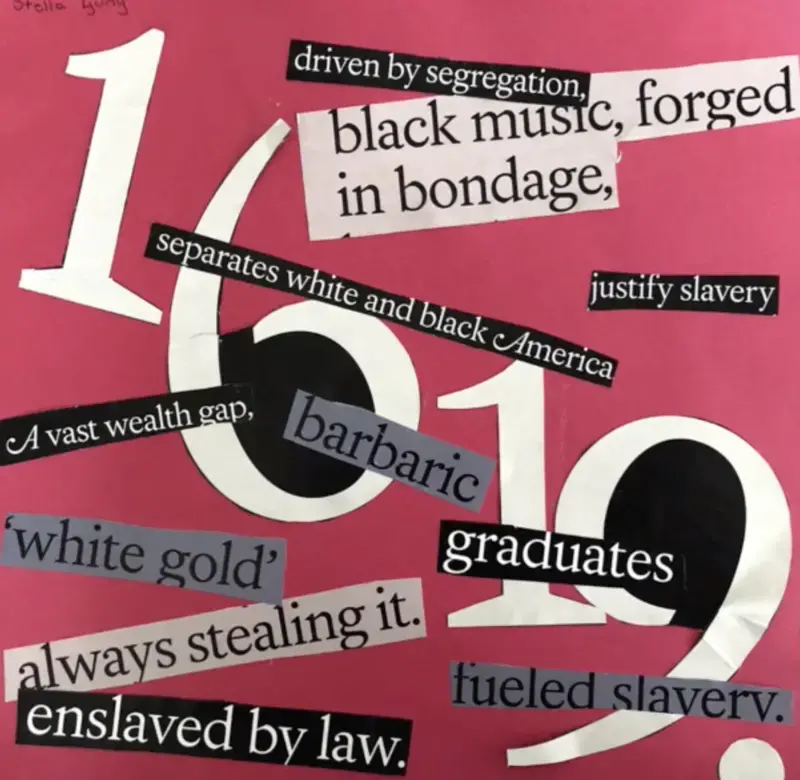DEFINITIONS
Diversity, equity, and inclusion can be defined in many ways, and in ways that evolve with our understanding.
Diversity is the representation and acknowledgement of the multitudes of identities, experiences, and ways of moving through the world. This includes—but is not limited to—ability, age, citizenship status, criminal record and/or incarceration, educational attainment, ethnicity, gender, geographical location, language, nationality, political affiliation, religion, race, sexuality, socioeconomic status, and veteran status. Further, we recognize that each individual's experience is informed by intersections across multiple identities.
Equity seeks to ensure respect and equal opportunity for all, using all resources and tools to elevate the voices of under-represented and/or disadvantaged groups.
Inclusion is fostering an environment in which people of all identities are welcome, valued, and supported. An inclusive organization solicits, listens to, learns from, and acts on the contributions of all its stakeholders.
ACKNOWLEDGEMENTS AND AFFIRMATIONS
The Pulitzer Center acknowledges that:
- There are societal structures that uplift and empower certain groups based on their intersecting identities and experiences, while at the same time marginalizing and erasing others; we acknowledge that these inequities were developed over time and have continuing, lasting impact.
- Journalism and education have the power to advance a limiting narrative about people, places, and ideas, or to expand and democratize our narratives.
- We are in a position of privilege as an organization that funds and supports journalists, education, and outreach; we have a responsibility to leverage that privilege to advance diversity, equity, and inclusion in our work.
- Transparency is essential to creating a diverse, equitable, and inclusive organization—as is active and continuous reflection.
- There are gaps between our commitments and our current state, and we will make efforts to narrow these gaps throughout our current and future work.
COMMITMENTS
In support of our mission, we commit to diversity, equity, and inclusion in our organizational systems, policies, programs, and services. Below, we outline current commitments we are making. This language is subject to change, and feedback is appreciated. Please email [email protected] with questions and concerns.
Advancing DEI in Our Organizational Practices
- Policy: Ensure that policies and practices at the organizational level, internal and external, reflect our commitment to diversity, equity, and inclusion with clear systems for accountability and feedback.
- Recruitment and Retention: Cultivate a staff, board of directors, donor base, and workplace environment that reflect our commitments to diversity, equity, and inclusion.
- Staff Training: Cultivate and maintain a diverse, equitable, and inclusive work environment through training and professional development.
- Mechanisms for Accountability: Develop and implement a plan for sharing relevant data and updates from the Pulitzer Center's overarching DEI commitments with the board and our audiences.
Advancing DEI in Our Journalism Programs
- Deliberately seek to support reporting projects, newsrooms, and journalists that reflect the diversity of the audiences we serve.
- Foster a culture of collaboration and respect between correspondents and local journalists, acknowledging that reporting partnerships can benefit the quality and impact of stories.
- Undertake outreach that would make our applicant pool more diverse; reflect on and address ways in which our grant application processes may favor or disfavor journalists from different backgrounds and experience levels.
- Apply cross-cultural sensitivity to better serve our global community.
- Highlight journalism impact beyond story reach (increased capacity, increased awareness, policy or institutional changes, and engagement with local communities).
Advancing DEI in Our K-12, Campus Consortium (Universities and Colleges), and Public Outreach Programs
- Feature underreported stories in our programs and resources and elevate historically marginalized voices.
- Reach and support diverse audiences through resources, programs, and partnerships that reflect the diversity of the communities with whom we work.
- Cultivate safe, inclusive, and equitable spaces for all people who participate in education and outreach initiatives.
- Seek feedback from students, educators, administrators, partners, and the public to strengthen programming and develop new outreach initiatives.
- Share data and updates from the Pulitzer Center's K12/Campus/outreach commitments with the board, Campus Consortium Advisory Council, education partners and our audiences.
